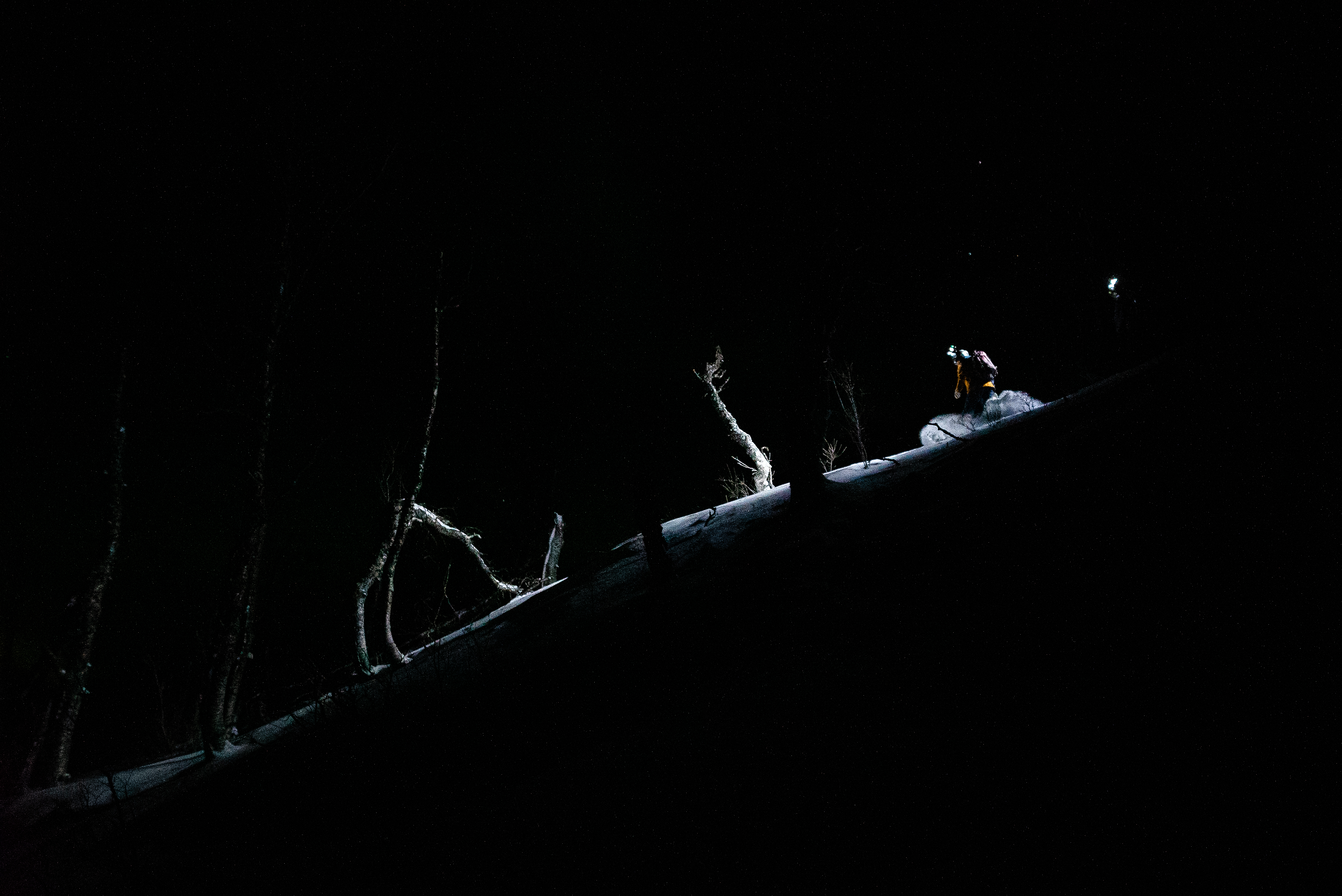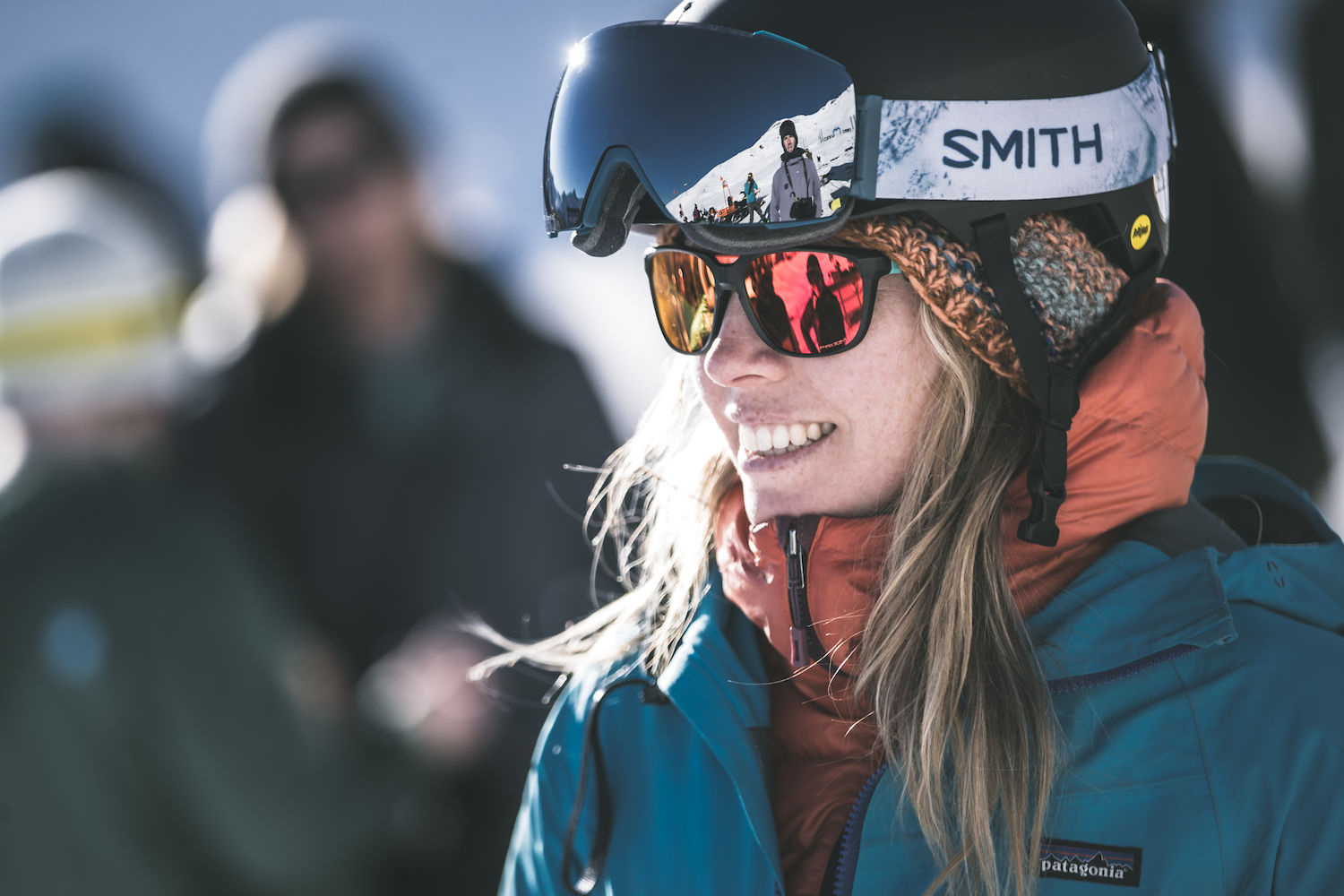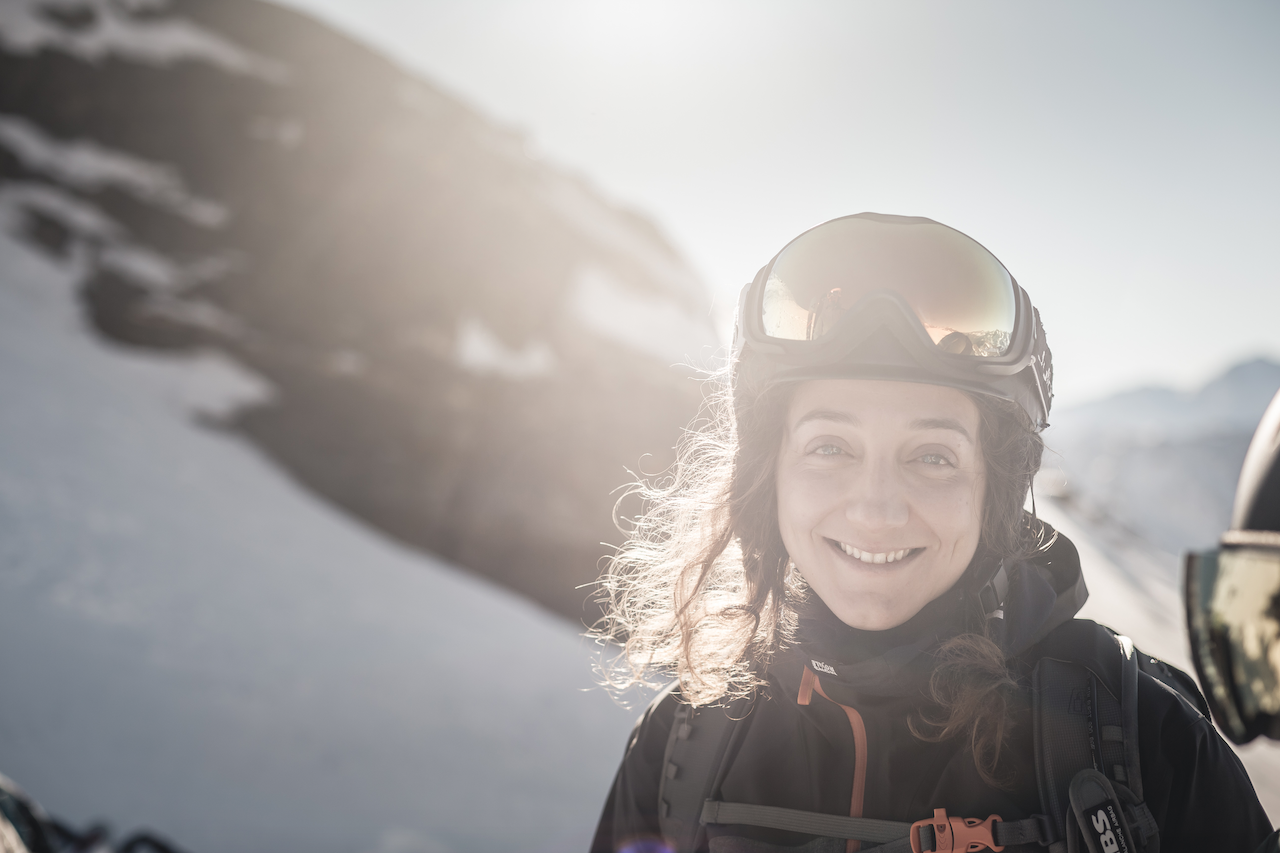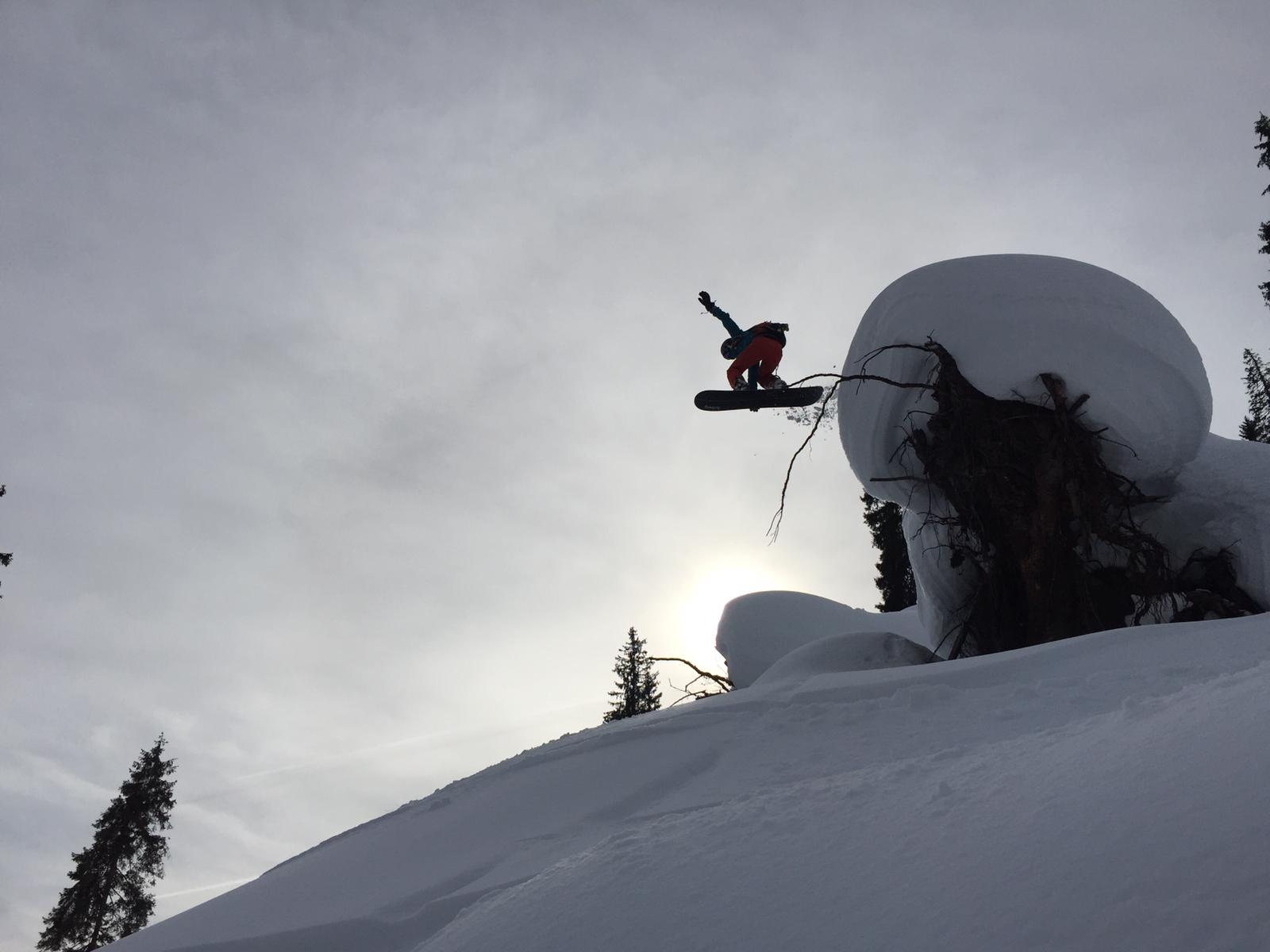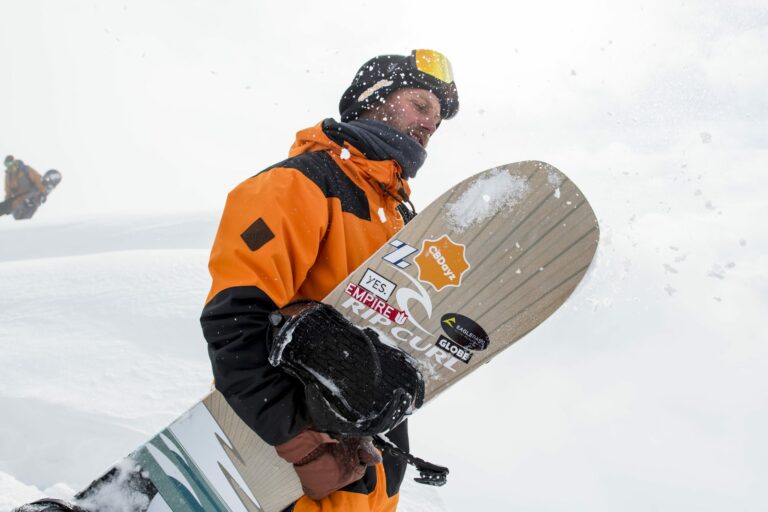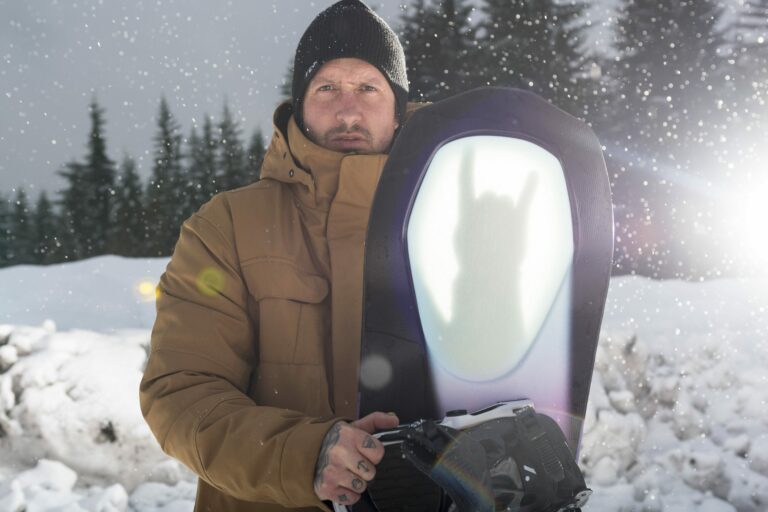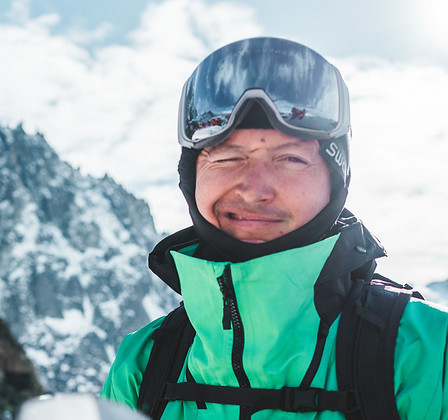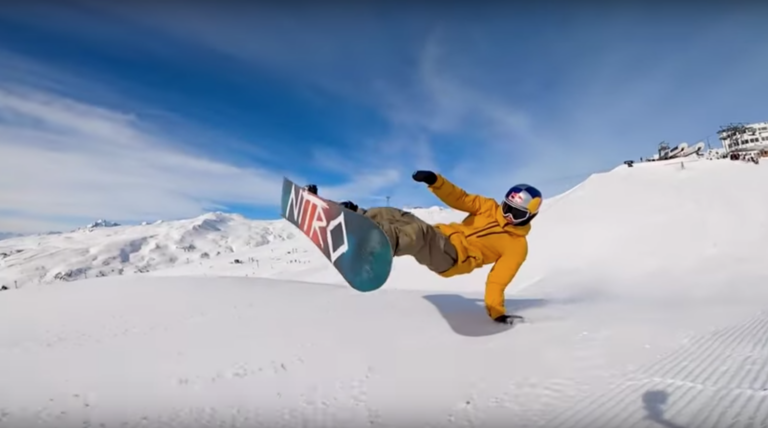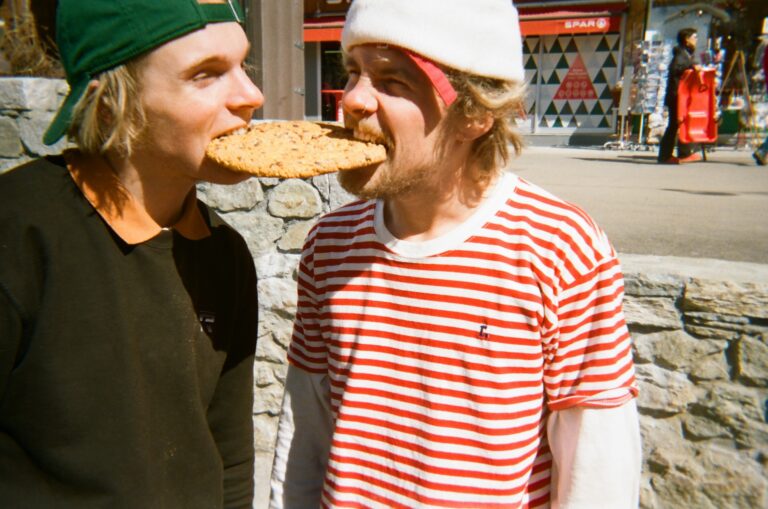Disclaimer: This is not another “should we be wearing a helmet or not” debate.
Head injuries are one of the most common traumas in snowboarding, hence the forever on-going debate on “should we wear a helmet or not”. Melissa Brandner and Manuela Mandl have both faced snowboard related traumas. Last February, Melissa suffered a severe concussion and trauma to her chest muscles and back. This resulted in difficulties breathing and walking.
“Most people do not want to accept that they need to take a break after suffering from a concussion, resulting in people going on about their lives without letting their body and mind rest”
In 2018, Manuela suffered from two concussions with the second being a particularly heavy one. Inspired by their traumas, ‘Through Darkness’ became a project through which they wanted to raise awareness around the seriousness of concussions, how hard it can be to deal with the injury itself, and the aftermath.
As with any topic that touches upon mental health, the physical effects of sports injuries can often be difficult to discuss. With this in mind, Melissa and Manuela have been pleasantly surprised by the feedback they’ve gained through the film. “Many people have come up to us and talked about similar experiences. People have opened up and told us that they felt like they were alone before they heard from us, and this is a huge deal,” says Melissa.
We sat down with the two to talk about concussions, trauma and how the lack of awareness regarding severe injuries can affect us on both physical and mental levels. As Manuela tells us, “it isn’t only about overcoming the injury, but also about how to deal with it. Most people do not want to accept that they need to take a break after suffering from a concussion, resulting in people going on about their lives without letting their body and mind rest.”
